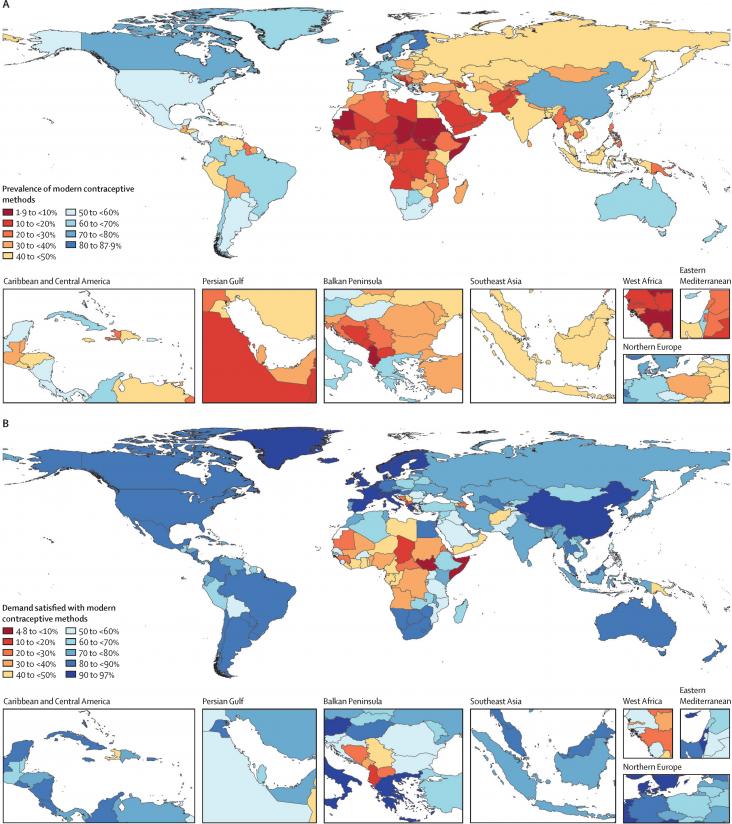Negative attitudes toward mental illness and treatment are attributed to a lack of or inaccurate mental health knowledge.

The impact of a military conflict on the mental health of affected communities is profound. Elsevier would like to offer a curated list of publicly available journal articles in order to support primary care providers, psychologists, social workers, teachers, carers, and any community members working with affected groups, in mental health support and treatment in connection to war, trauma and migration.
Research indicates that tourists continue to have difficulty assessing animals' welfare at wildlife tourism attractions, and so there is an immediate need for more education on such impacts. The purpose of this paper is to fill this education knowledge gap by introducing an environmental literacy framework, i.e., “what an environmentally literate person should know and be able to do,” in progressing from animal welfare illiteracy in tourism to literacy.
Children with special healthcare needs (CSHCN) are particularly susceptible to extreme weather events. The aim of this study is to contribute to the limited body of literature related to the climate crisis and CSHCN, and to summarize possible ways to improve the disaster preparedness of families of CSHCN.
How adapting math instruction for those with learning disabilities can allow them to increase their understanding of mathematics. Supports SDGs 4 and 10.
This chapter aligns with UN SDG 4 and 10 and the Māori’s continuous struggle to teach and center their own history despite having their pasts displaced in the education system by British history which dismissed local Indigenous pasts as unreliable myths and “pre-history.” Māori have resisted this “mis-education” for more than a century, fighting to reclaim the past on their own terms. This essay reflects on the enduring struggle that eventually led to the reset, and ongoing skepticism, of the National History curriculum in Aotearoa for all schools from 2023.
This chapter advances UNSDG 4 and 10 addressing Indigenous communities' efforts for self-determination and the recovery, restoration, revitalization, and renewal of their languages. This chapter is authored by Indigenous scholar-practitioners from distinct Indigenous communities - Hawaiʻi, Kanien'keha:ka, Lytton First Nation, Isthmus Zapotec – who share their perspectives and lived-experiences of community-centered language work in the areas of intergenerational knowledge relations, curriculum, and media and technology.
Partner content
World Bank
These dashboards present data from the World Development Indicators (WDI) that help to monitor the Sustainable Development Goals (SDGs).
Different lines of research have argued that specific groups, such as boys or ethnic minorities, are more prone to develop an anti-school culture than others, leading to group differences in the socia

This Article supports SDG 3, 4, and 5 by highlighting that more than 160 million women aged 15-24 years globally have a need for contraception that is not currently met by existing family planning programs, thus hindering or eliminating their education and employment opportunities.
